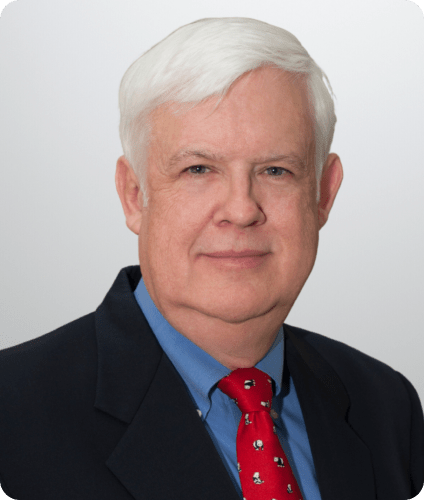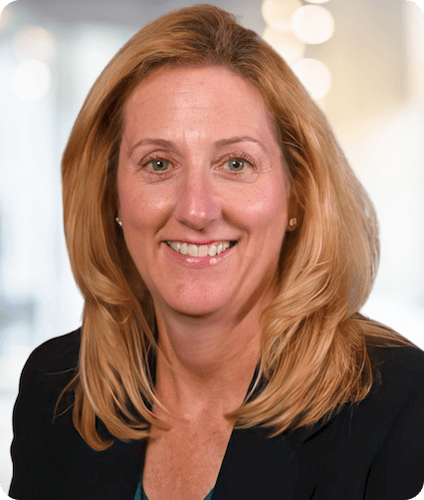
In this webinar, we’ll explore the critical functions of FDA Forms 482 and 483 within the inspection process. Form 482 serves as the formal inspector notification marking the start of an inspection, while Form 483 lists non-compliance observations with the FD&C Act, serving as a catalyst for corrective action within the inspected facility rather than a final verdict.
In this session, we’ll discuss how the FDA’s range of inspections — routine, for-cause, and random — are designed to safeguard product safety and compliance while minimizing operational disruptions. A significant focus will be on the post-inspection protocol, where facilities must carefully analyze Form 483, devise and implement a corrective action plan targeting the root causes, and substantiate these actions to the FDA. Effective communication with the FDA is paramount, as their response may vary based on the facility’s remedial measures. Therefore, we will also address the transparency of the FDA’s inspection outcomes, including the availability of Form 483 to the public, which reinforces the FDA’s commitment to regulatory clarity and public health.
1 hour with Q&A to follow

Dr. Suf Alkhaldi joined IEH as the Senior Vice President of Technical Services in 2023. He earned his M.S. and Ph.D. in Microbiology and Cell Molecular Biology from Oklahoma State University. He also conducted a postdoctoral study in Rumen Microbiology in Animal and Dairy Science at the University of Georgia and served as the manager of the DNA Microarray Lab at Yerkes National Primate Research Center at Emory University.
Before joining IEH, Dr. Alkhaldi spent over two decades at FDA which has been characterized by his exceptional contributions to innovation and regulatory excellence. He began as a researcher and food outbreak investigator at the Center for Food and Applied Nutrition (CFSAN), focusing on developing cutting-edge methods for identifying pathogenic bacteria in food using molecular techniques. With over 29 peer-reviewed manuscripts, 14 reviewed papers and book chapters, and co-editing “The Bad Bug Book,” he demonstrated a strong commitment to knowledge-sharing and food safety. Dr. Alkhaldi has played an instrumental role in resolving the FDA’s 2008 pepper outbreak investigation.
Throughout his extensive career at FDA, Dr. Alkhaldi held various roles, including Project Manager, Supervisor, and Senior Science Advisor in the Office of the Chief Scientist. He actively participated in influential working groups and the FDA Funded Centers of Excellence, reinforcing his dedication to advancing microbiology and FDA drug policies. Adding to his accomplishments, Dr. Alkhaldi received over 20 FDA awards between 2000 and 2023.
Dr. Alkhaldi was selected to lead the Office of Safety within the Office of Regulatory Affairs (ORA). His exceptional leadership during the COVID-19 pandemic was evident as he led a team of 24 Industrial Hygienists and safety professionals. Their dedication ensured the safety of 5,000 FDA employees and provided support for 16 FDA laboratories, demonstrating his significant impact in fostering a safe and innovative regulatory environment within the FDA and the broader field of food microbiology.

Dr. Donald Zink leads the food safety and food processing consulting group at IEH. He received his Ph.D. in Biochemistry and Biophysics and his M.S. in Microbiology from Texas A&M University, and his B.S. from Abilene Christian University. Prior to working at IEH, Dr. Zink worked for the U.S. FDA as the Chief Scientist for Food Safety and Applied Nutrition.
At IEH, he is focused on helping clients avoid food contamination from bacterial pathogens. Dr. Zink assists clients with broader issues related to food safety such as: process validation, allergen control, and chemical contamination.
He is an expert in the microbiological and chemical safety of processed foods and fresh produce. He has extensive experience on low acid canned food thermal processing, aseptic processing, ice cream production, chocolate and confectionery products, infant formula production, beverage production, fermented and acidified foods, frozen and refrigerated food production, and baked goods production.

Ms. Carol Cave joined IEH as the Executive Vice President in 2024, bringing with her extensive expertise in regulatory affairs and consumer protection. She holds a B.S. in Consumer Economics from the University of Maryland.
Before joining IEH, Ms. Cave served as the Acting Associate Commissioner (ACRA) for the Office of Regulatory Affairs (ORA) at the Food and Drug Administration. In this role, she oversaw approximately 5000 ORA employees stationed across the U.S. and around the world.
Prior to her role as Acting ACRA, Ms. Cave served as Deputy Associate Commissioner, where she managed inspections, compliance, enforcement, field laboratory operations, import operations, and strategic planning.
Earlier in her career at the FDA, she served as the Assistant Commissioner of Import Operations, where she led the Office of Enforcement and Import Operations, ensuring FDA-regulated imported products comply with U.S. laws. Ms. Cave also led coordination efforts between the FDA and U.S. Customs and Border Protection, developing joint regulations, policies, procedures, and operations.
Before her tenure at the FDA, Ms. Cave was the Deputy Director of the Office of Compliance and Field Operations at the U.S. Consumer Product Safety Commission (CPSC). In this role, she collaborated with federal government agencies to identify potentially defective consumer products. With nearly 26 years at the CPSC, Ms. Cave held various leadership positions, including Director of State and Local Programs and Assistant Executive Director for the Office of Import Surveillance, ensuring the safety of consumer products nationwide.
Have questions? Our team is here to help. Also available is IEH customer service at (206)522-5432 or iehacademy@iehinc.com. By filling out this information, you are adhering to our privacy policy.